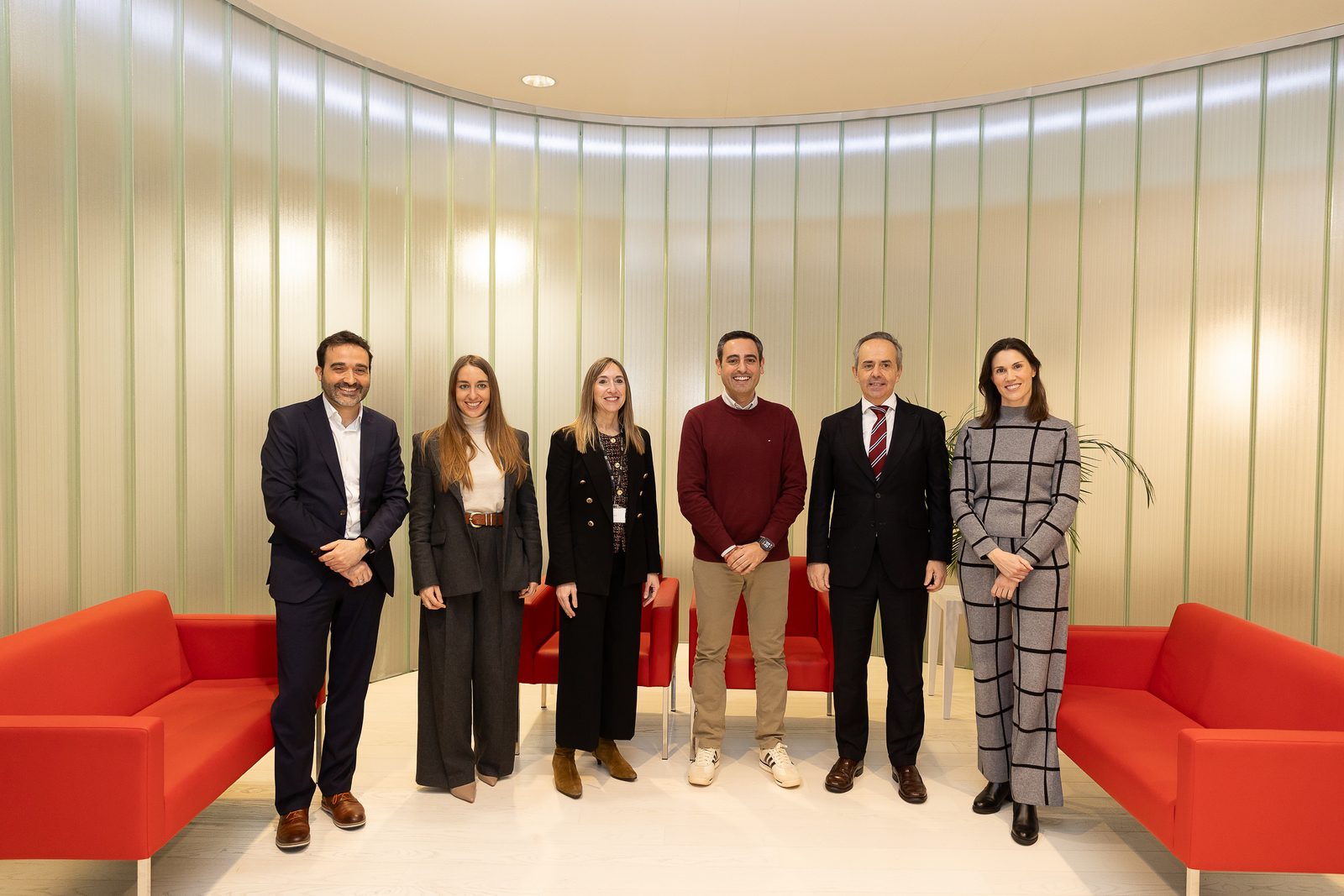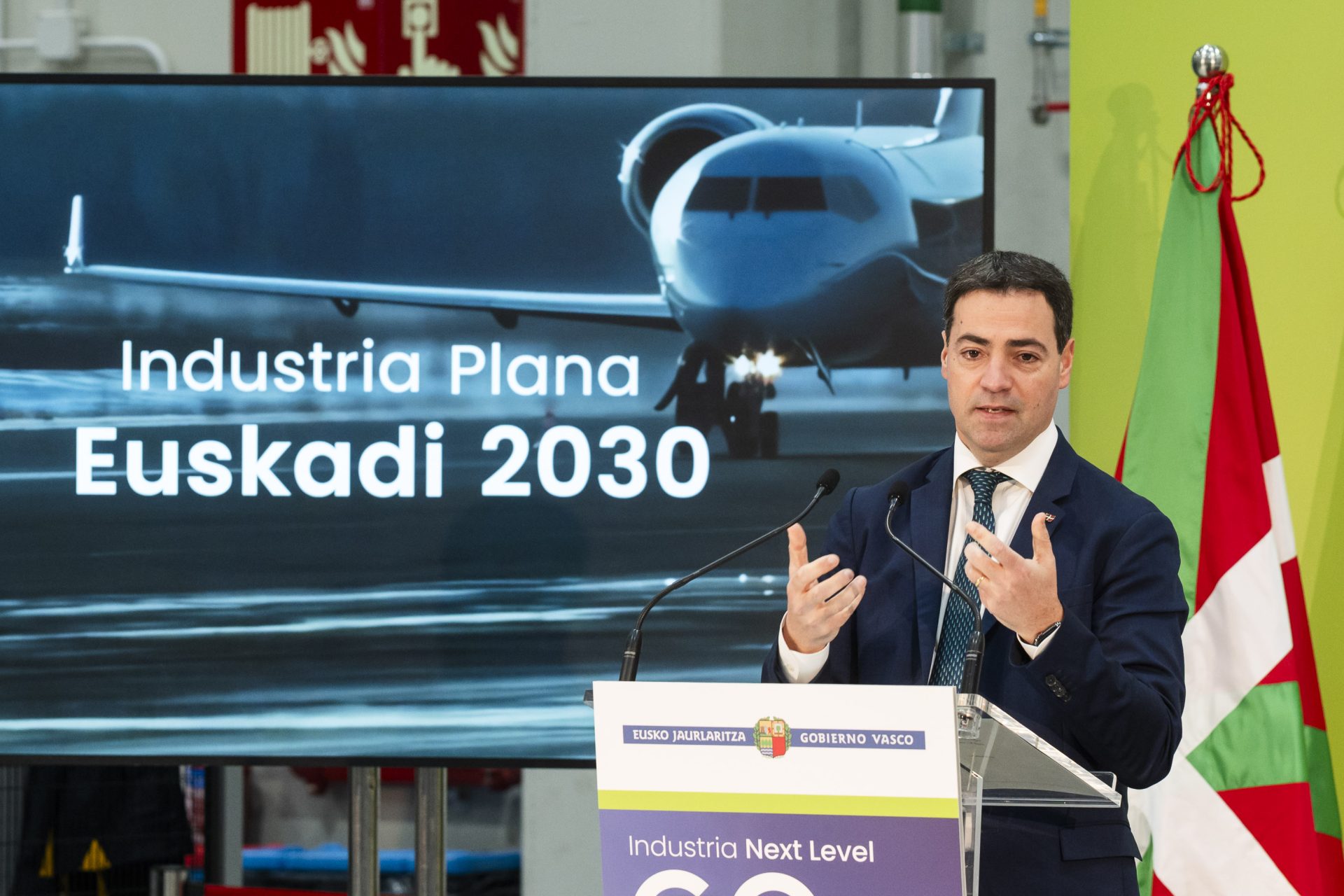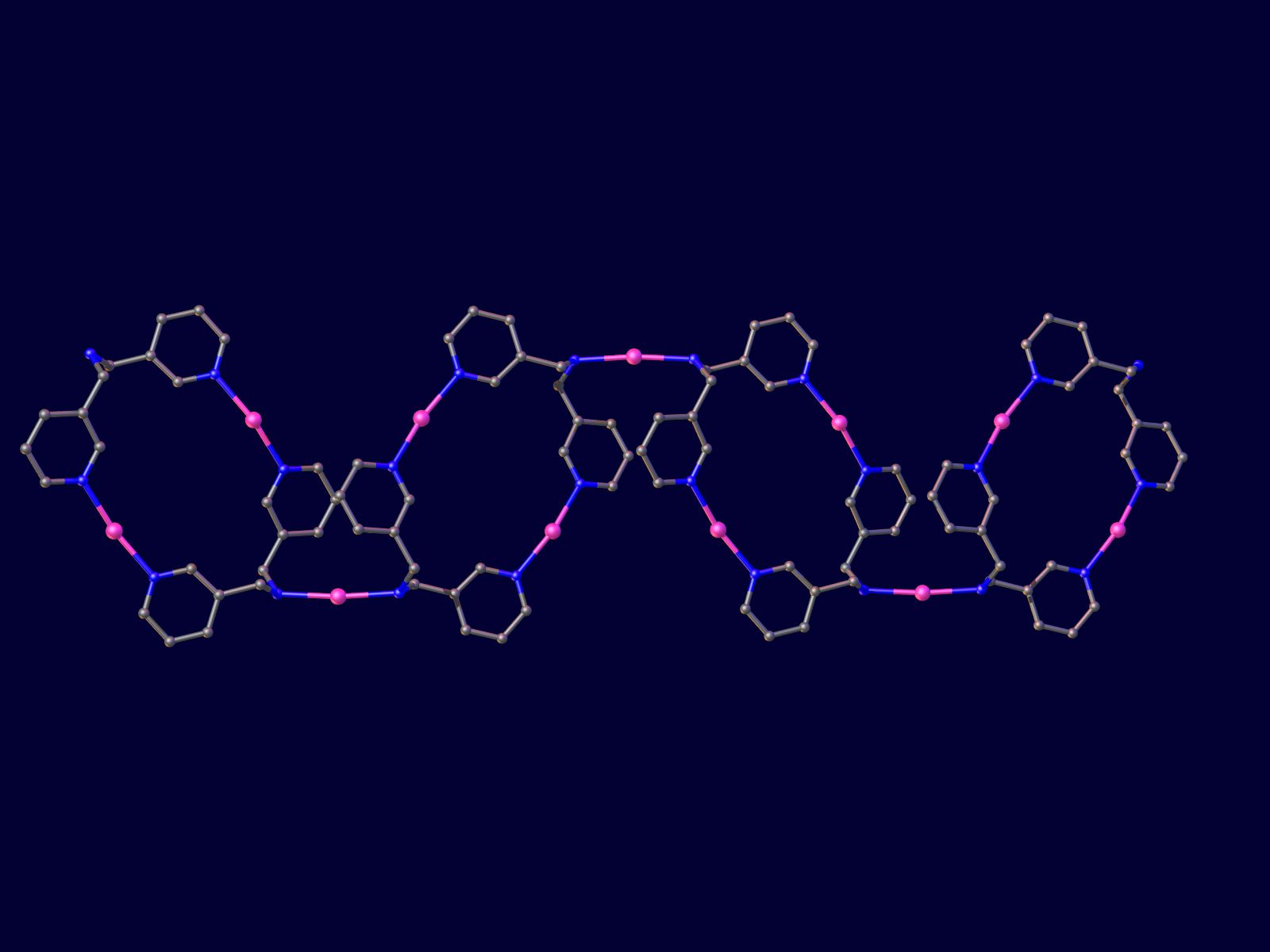CIDETEC ENERGY STORAGE, AIRBUS, TECNALIA AND SUSTAINABLE INNOVATIONS, FOUR SPANISH PARTNERS WILL PARTICIPATE IN THE DEVELOPMENT OF NEW LITHIUM-SULPHUR BATTERIES FOR SUSTAINABLE MOBILITY IN EUROPE

The TALISSMAN project has received nearly €5 million in funding from the European Commission through the HorizonTE EuropA programme.
Nine partners from Spain, France, Germany and Italy are participating in this ambitious consortium to promote the development of advanced and sustainable battery technologies for electrified mobility applications.
Four Spanish partners will play a key role in the European TALISSMAN project (Technologies for Advanced Lithium-Sulfur batteries toward Safe and Sustainable Mobility Applications), an initiative that seeks to transform the future of energy storage by developing safer, more sustainable and higher-performance lithium-sulphur batteries. Starting in July and lasting 48 months, the project will focus on the design, validation and scaling of two new Generation 5 battery concepts: a quasi-solid hybrid (Gen2027) and a fully solid (Gen2030). These developments aim to improve the energy performance, safety, sustainability and economic competitiveness of storage solutions for the mobility of the future, especially in the heavy transport, electric aviation and automotive sectors. The methodology will combine advances in materials, component design, advanced characterisation and predictive models to accelerate the market introduction of these new technologies.
The project is coordinated by CIDETEC Energy Storage, which, in addition to leading the scientific and technical management of TALISSMAN, will contribute to the development of gel electrolytes, polymer-based sulphur cathodes, the design of pilot-scale multi-layer cells and the electrochemical validation of prototypes, as well as the modelling of electrodes and cells. José Alberto Blázquez Martín, project coordinator, shared his enthusiasm:
“I am really excited about this new project, which brings together some of the leading players in lithium-sulphur battery research. We are developing innovative approaches — from the design of solid-state electrolytes to lithium electrodes with 3D structures — that could represent a decisive breakthrough. These developments have the potential to overcome the current limitations of the technology and open the door to its commercial implementation, especially in emerging applications where energy density is a critical factor.”
For its part, AIRBUS Operations will contribute to defining the requirements for aeronautical applications, assessing the compatibility and feasibility of new battery systems for use in high-efficiency electric aircraft, while TECNALIA Research & Innovation will be responsible for developing key materials for lithium anodes and their processing on a pilot scale, as well as analysing the environmental sustainability and life cycle of the technologies developed.
SUSTAINABLE INNOVATIONS, as the entity responsible for communication, dissemination and exploitation activities, will aim to ensure that the project’s advances and results reach industrial sectors, regulatory bodies and society in general. In addition, it will work to maximise the long-term impact of TALISSMAN through valorisation strategies, training tasks and collaboration with other relevant European initiatives. ‘It is a pleasure to collaborate once again with CIDETEC Energy Storage, a partner with whom we already share outstanding experience in the DEFACTO project, leading the communication, dissemination and exploitation tasks,’ says Pablo Morales Moya, Communications Manager at Sustainable Innovations. ‘We are proud to continue adding European projects in the field of advanced batteries, contributing to a cleaner, safer and more sustainable mobility system for the future of Europe.’
About lithium-sulphur batteries
Lithium-sulphur batteries represent one of the most promising alternatives to current lithium-ion batteries, thanks to their higher energy density and the use of more abundant, lighter and sustainable materials. The European Union is committed to this technology to reduce dependence on critical raw materials, boost industrial autonomy and move towards cleaner mobility, in line with the objectives of the European Green Deal and the Batt4EU initiative.
About TALISSMAN
TALISSMAN (Advanced Lithium-Sulphur Battery Technologies for Safe and Sustainable Mobility Applications) is led by CIDETEC Energy Storage and comprises Airbus Operations S. L., ARKEMA France SA, Fraunhofer Gesellschaft, Justus-Liebig-Universität Giessen, Politecnico di Torino, SAFT, Sustainable Innovations Europe and Tecnalia Research & Innovation.
The project has received €4.9 million in funding from the European Union’s Horizon Europe research and innovation programme, under grant agreement number 10120.




